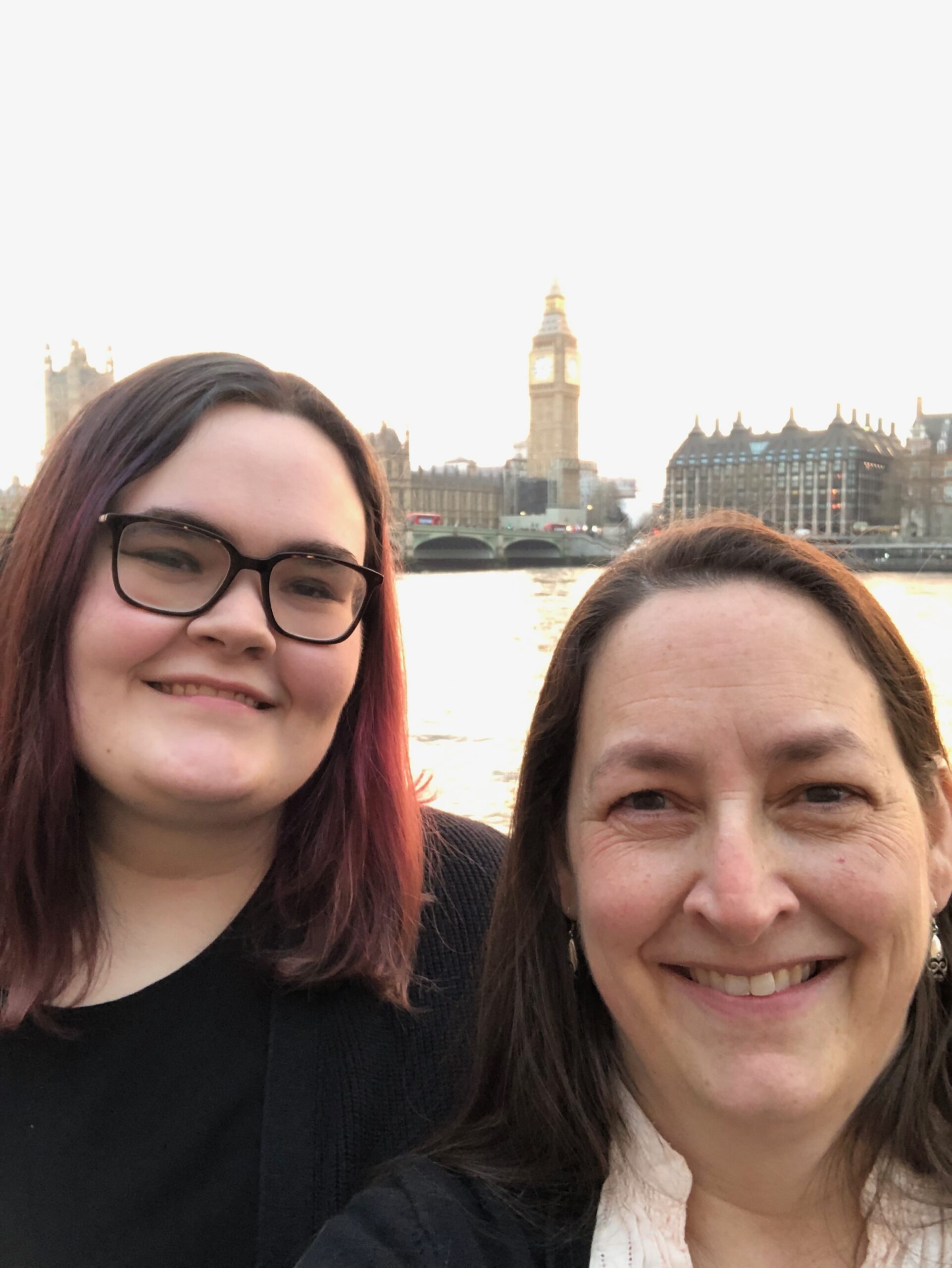Imagine facing the challenges of adolescence with a condition that sets you apart from your peers. For my daughter, that challenge came in the form of a type 1 diabetes diagnosis at just 13 years old. Over the years, I’ve watched her navigate the complexities of managing diabetes alongside ADHD with remarkable resilience.
Recently, she faced a particularly tough period when her insulin pump malfunctioned, resulting in dangerously high blood sugar levels. Despite being thousands of miles away at university in Newcastle, England, she managed the crisis with remarkable courage. While I couldn’t physically be there, I provided guidance and support from afar, guiding her through the steps to seek medical attention and ensure her safety.
The aftermath of such incidents often brings about a period of burnout—a state of exhaustion and overwhelm familiar to many dealing with chronic conditions or supporting loved ones with disabilities. It’s a feeling compounded by the relentless demands of daily life, with no option for respite or time off.
This experience led me to reflect on the parallels between diabetes burnout and the challenges faced by my clients, particularly those parenting neurodivergent children. The pressure to constantly navigate their child’s unique needs, coupled with their own struggles, can feel overwhelming at times.
In moments of burnout, finding balance becomes essential. Encouraging both my clients and my daughter to prioritize self-care and activities that bring joy and fulfillment has been invaluable. For me, it’s sewing, knitting, and reading—small moments of respite that provide much-needed relief from stress.
Yet, amidst the struggle, it’s easy to fall into feelings of guilt or inadequacy. As parents, we may question our ability to fully support our children or harbor regrets about missed opportunities for earlier intervention. I’ve certainly grappled with these emotions, especially in moments of crisis like my daughter’s cardiac arrest due to undiagnosed diabetes.
But in these moments, I’m reminded of the power of the puzzle metaphor. Just as in a puzzle, where a missing piece can leave us feeling frustrated and uncertain, so too can life’s challenges. Yet, with patience and perseverance, the missing piece eventually reveals itself, bringing clarity and resolution.
It’s important to note that the missing puzzle piece does not imply any deficiency in our children or ourselves. Rather, it represents the challenges and uncertainties we face, whether it’s a malfunctioning medical device or a need for a different approach to supporting neurodiversity.
So, as we navigate the complexities of life, let’s remember to seek balance, find moments of joy, and trust that the missing puzzle pieces will eventually fall into place.


0 Comments